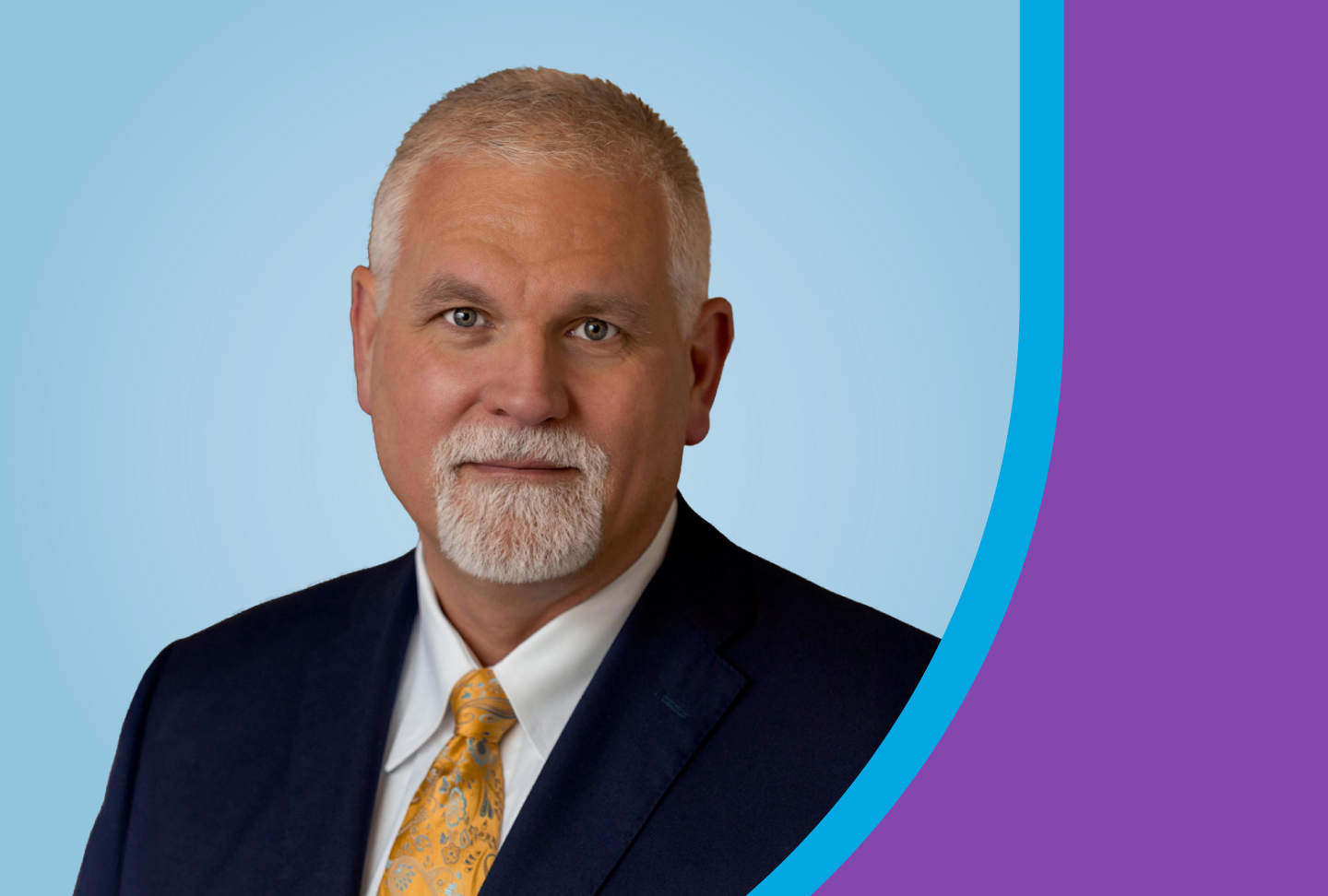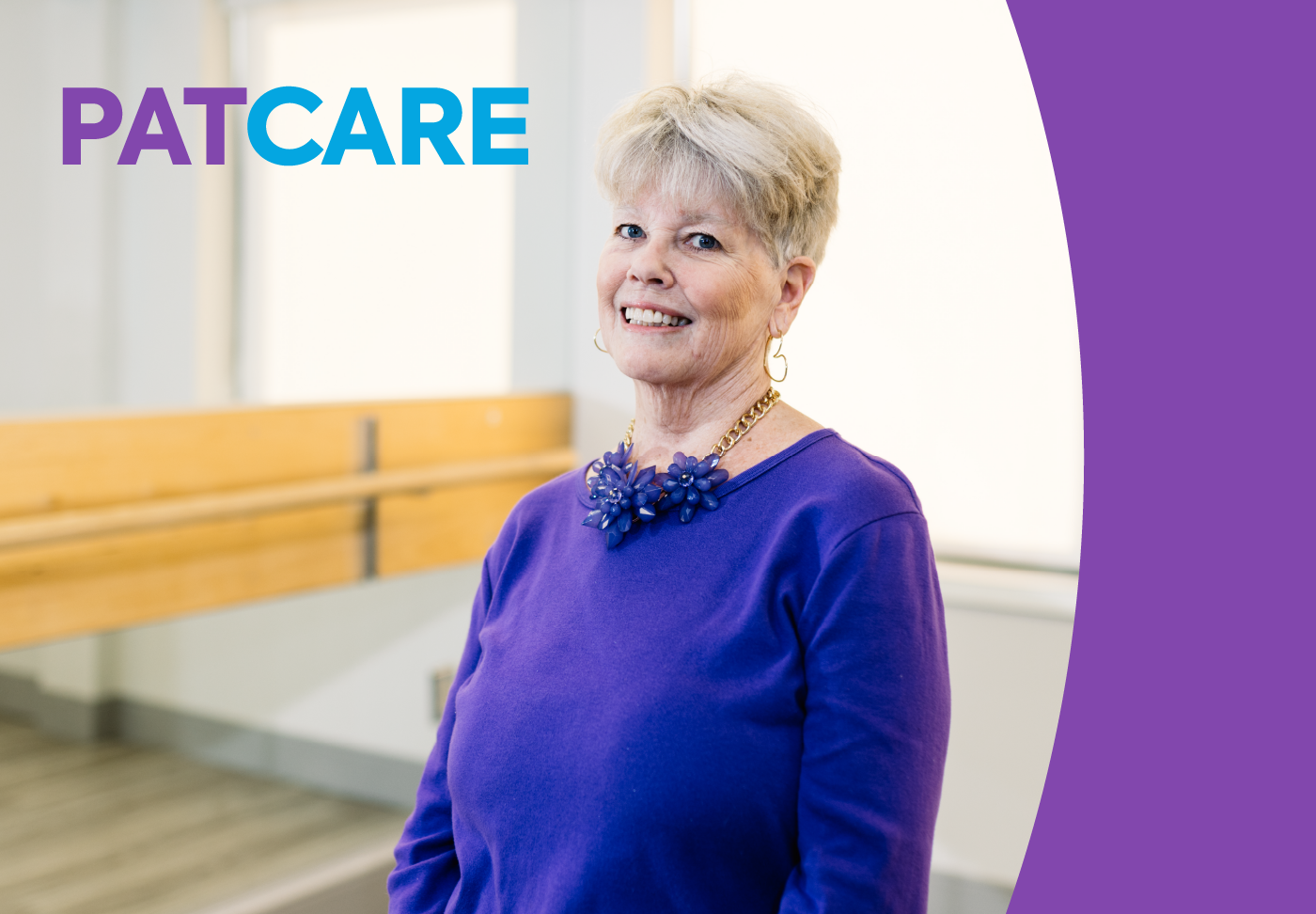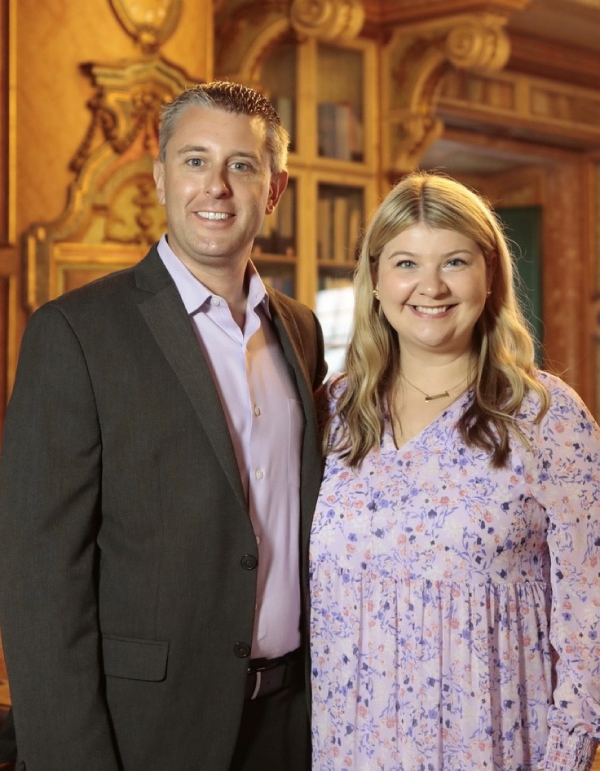The Wellstar Foundation has joined the Literacy and Justice for All initiative, a coalition of leading organizations such as the Joseph B. Whitehead Foundation, United Way, Atlanta Speech School Rollins Center and Marietta City Schools — all committed to ensuring youth have the literacy skills needed to succeed in life. The goal of the program is ensuring that every child can read by third grade and has a foundation for growth in literacy.
Georgia ranks 41 out of 50 states for literacy*. According to the COX Campus, literacy is strongly correlated to zip code, race and ethnicity. The disruption in education due to the COVID-19 pandemic has further heightened the need for childhood literacy programs to ensure no child is left behind.
“We are honored to join this effort in creating a connected ecosystem with schools and early childhood educators to enhance literacy and create a national model that can be expanded to serve and support our country’s youth,” said Julie Teer, senior vice president of Wellstar and president of the Wellstar Foundation.
Through a grant from the Joseph B. Whitehead Foundation, Wellstar Kennestone Hospital and its affiliated OB/GYN and pediatrics offices will implement the Talk With Me Baby program and be part of a literacy ecosystem dedicated to healthy brain development for children.
The team at Kennestone will collaborate with families of babies born there to teach about the importance of building language from an early age. Families will be prepared with the resources needed to improve their child’s “language nutrition.”
According to the Talk With Me Baby program, families can teach their child basic language skills by using loving words, eye contact and facial expressions, as well as repeating words and phrases. Families can partner with their child’s Wellstar care team to learn more about how to engage with their children, and Wellstar clinical and nursing teams will be trained as Talk With Me Baby coaches.
This support will continue at pediatric patient visits as Wellstar partners with families of children from birth through the age of five to promote literacy. Talking, reading, playing and singing together help even the youngest children establish these skills.
Through philanthropy and community partnerships, the Wellstar Foundation fuels innovation and action to address the vital needs of diverse communities in Georgia. Philanthropic contributions are transforming healthcare and improving access for all within four focus areas: health equity, behavioral health, innovation and workforce. The Foundation’s participation in the Literacy and Justice for All initiative combines innovative techniques for early childhood development with health equity endeavors to ensure all parents are equipped with the knowledge to raise thriving children and improve their quality of life.
Teer says, “As a not-for-profit health system, our passion for people extends beyond the walls of our care sites and into the diverse communities we serve. Through collaboration with our partners, we are creating pathways for success to improve the health and well-being of all Georgians with the aim of creating a healthier state for everyone now and in the future.”
To learn more or make a tax-deductible donation, visit wellstar.org/give. If you’re preparing for the arrival of a new family member, learn more about prenatal care at wellstar.org/womenshealth. To find a pediatrician to keep your child healthy, visit wellstar.org/kidcare.





